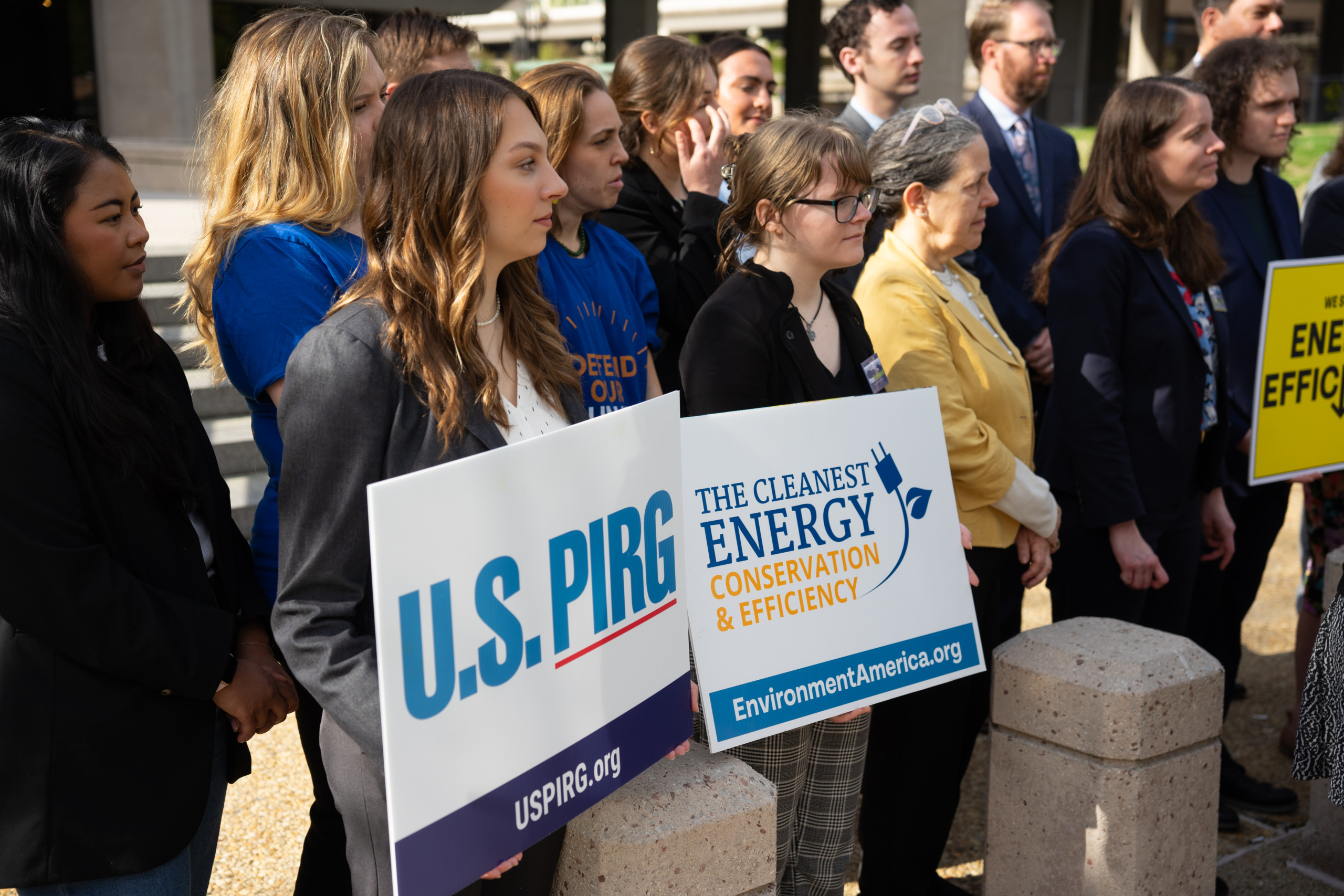
EPA takes bold action on PFAS pollution
A half million Texans have groundwater contaminated with these "forever chemicals"

The U.S. Environmental Protection Agency yesterday proposed the first national standards to limit six of the chemicals collectively known as PFAS that too often contaminate U.S. drinking water. Also known as “forever chemicals,” PFAS have been linked to a wide range of serious health effects including kidney and liver disease, immune system suppression, birth defects and even cancer. The EPA says that “if fully implemented,” the proposed National Primary Drinking Water Regulation, which it expects to finalize by the end of 2023, “will prevent thousands of deaths and reduce tens of thousands of serious PFAS-attributable illnesses.”
Our Clean Water Campaign Director John Rumpler called it “a vital step toward protecting our drinking water from the toxic scourge of PFAS.”
Nearly half a million Texans live within three miles of seven military sites “where groundwater has been deemed “extremely” contaminated” with PFAS. The contamination resulted from use of PFAS-laced firefighting foam used to extinguish fires at these bases for decades. But all Texans and Americans are exposed to these chemicals every day.
The term “PFAS” actually refers to a class of thousands of different chemicals that are used in hundreds of products. PFAS have properties that make them very effective at fighting fires, making a rain jacket waterproof, making a burger wrapper greaseproof, or keeping food from sticking to your pan.
But those conveniences come at a cost: When PFAS leach out of these products or get dumped into waterways by the facilities that manufacture them, they don’t break down over time. That’s why they’ve been given the nickname “forever chemicals” — once they’re out in our environment, they stay there forever.
The EPA’s proposal is a big deal. The best way to ensure that forever chemicals never exceed the EPA’s health-based limits in our drinking water is to stop using them.
Topics
Updates

New grants can make our roadsides bee-friendly

Energy Conservation & Efficiency
Biden administration finalizes lightbulb efficiency rules

Energy Conservation & Efficiency
Groups urge Biden to ‘Finish the job’ on appliance efficiency

Energy Conservation & Efficiency
Transformer efficiency rule leaves energy savings on the table

